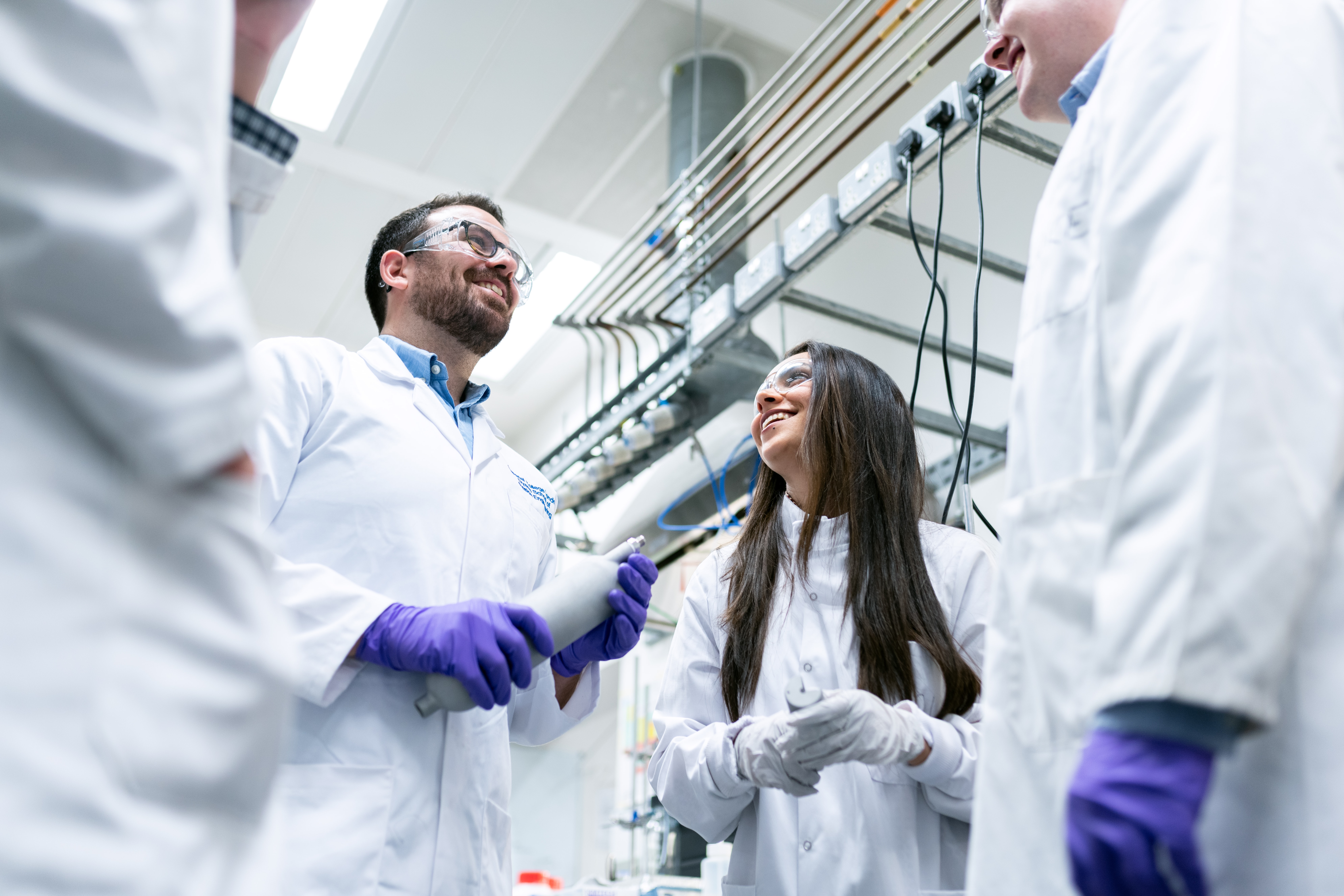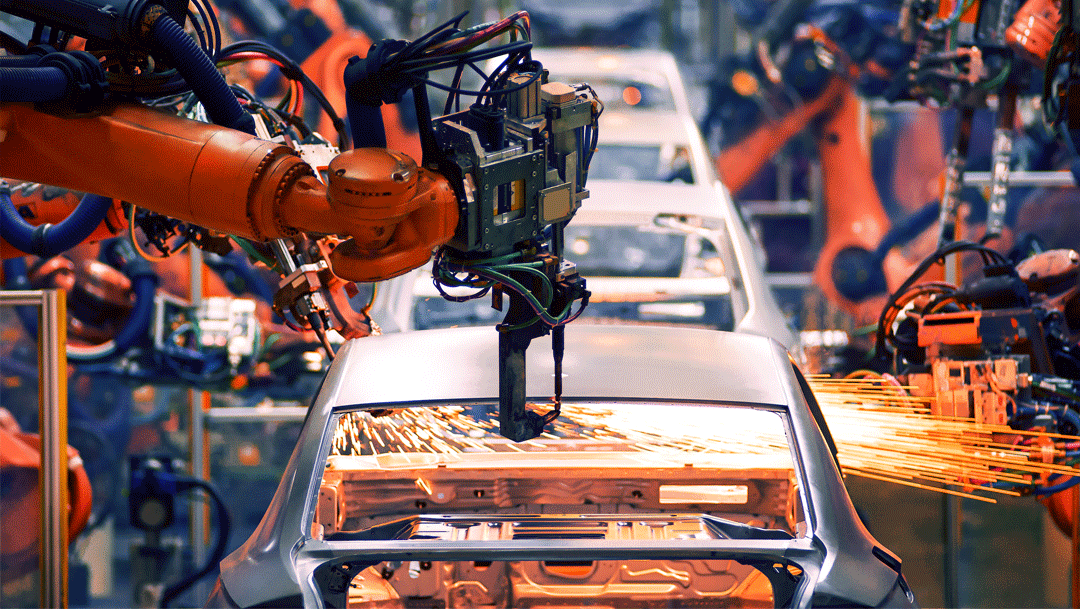Pushing UK commercial property to greater flexibility in lab space delivery will be integral for both Pharma and R&D to flourish
A post Covid outcome will deliver a different landscape for Pharma in this country and this will be reflected in commercial property developments. Historically, the two worlds have held opposing views.
Commercial property developers and investors perceive cost and delay in building multi-purpose space versus the growing need for flexibility in design from the Pharma world.
Seize the Opportunity
But if more lab space is to be built the UK commercial property sector must seize the opportunity to create. So, the delivery of buildings that work for both the end user and the property investor.
In addition, we can all see part of our recent strength has been world class R&D to deliver a Covid beating UK vaccine. The UK now appreciates the necessity of home-grown Pharma and R&D. The power of research, UK manufacturing and a sophisticated supply chain.
Vaccines aside, the trend for Pharma however is a global demand for precision medicine. Equally important is the medical model which is all about the customisation of healthcare, with medical treatments or products being tailored to the individual. At the core of this concept is the understanding that we are all different.
Embrace The Future Now
Therefore, commercial property must embrace these future lab design requirements as speeding up innovation has become critical to making R&D viable.
As detailed in international property agents JLL’s ‘Journey to the next-gen lab report‘, R&D real estate is already aware of the trend. So to become highly flexible and multi-purpose is growing in importance. Moreover, embedding this flexible philosophy into the very design and planning of any scheme will provide the right outcomes for the Pharma and R&D sectors.
Nowhere is this blueprint for the flexible delivery of lab and R&D space more possible than at Gravity, a new commercial property development based in the West of England.
One of the largest proposed developments in the UK, Gravity totals 616-acres and is designed to offer not only sustainable and clean commercial space but flexible hub campus settings so that knowledge sharing can happen.
Also, the new development site means businesses looking to own their own property can quickly design legislative sustainable requirements into the very heart of the structure. Equally important is the ability to design to harness technology to meet their immediate needs and provide flexibility for future plans.
Flexible Design Encourages Knowledge Sharing
Needless to say, flexible design also encourages knowledge-sharing, which is increasingly vital for engaging the next generation of scientists and researchers.
The vaccine era has seen this knowledge-sharing in action on an international scale to secure rapid vaccine delivery and the next generation of scientists welcome this and see it as particularly relevant for future Pharma and R&D.
The very best US innovation districts have seen exponential growth since the 1970s due to the emphasis they place on knowledge-sharing.
Consequently, many of today’s science students demonstrate a strong desire to share ideas with their peers and prefer spaces where they can learn as teams, rather than in isolation.
The Talent Pool Has Its Say
So, making labs attractive to these students will be fundamental for companies looking to attract the best and brightest talent. Developers should also look to make this an easier process for firms by basing themselves near world class universities and colleges.
The Gravity scheme is therefore located near four leading universities and a world-class engineering college. Acutely aware of what business is searching for right now in the UK, the nearby regional talent pool was an important factor in the choice of location for the scheme.
UK plc’s ability to attract international investment into life sciences will be largely dependent on our understanding of what investors and occupiers want from lab space. Recent UK Government announcements confirmed a further 15% investment into R&D. Gravity is creating a campus which will seed these business needs.
The Challenge for Commercial Property
The challenge for commercial property to deliver space that accommodates flexibility and understands the inherent needs that Pharma and R&D require to flourish here, and simultaneously compete on the world stage, is being met at Gravity.
Gravity is now talking to occupiers about their future commercial property needs in this exciting and unique proposition to help Pharma and R&D happen in a sustainable and collaborative environment with all the commercial advantages of excellent infrastructure too.



